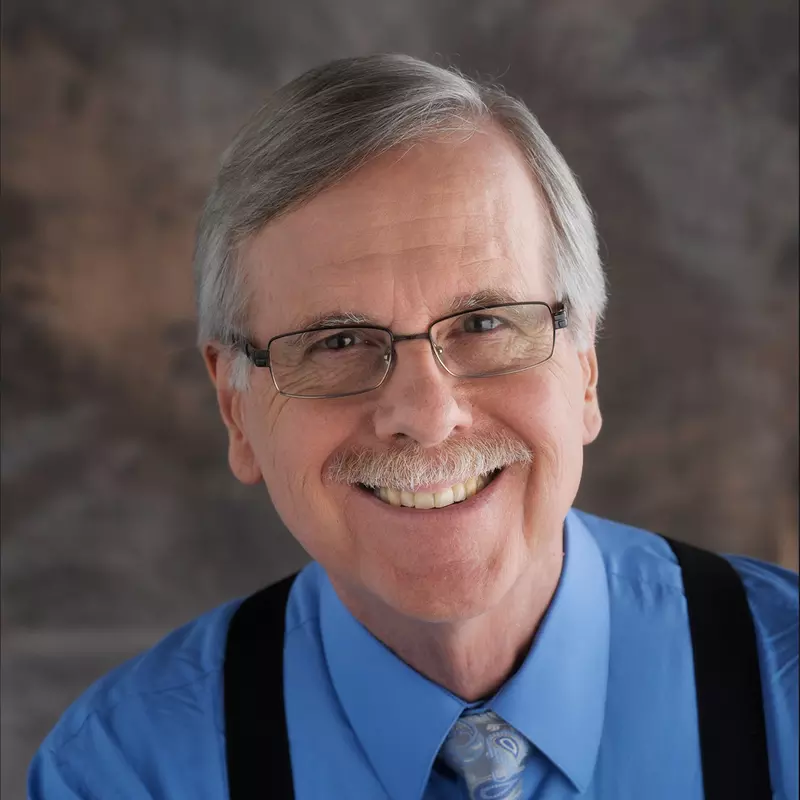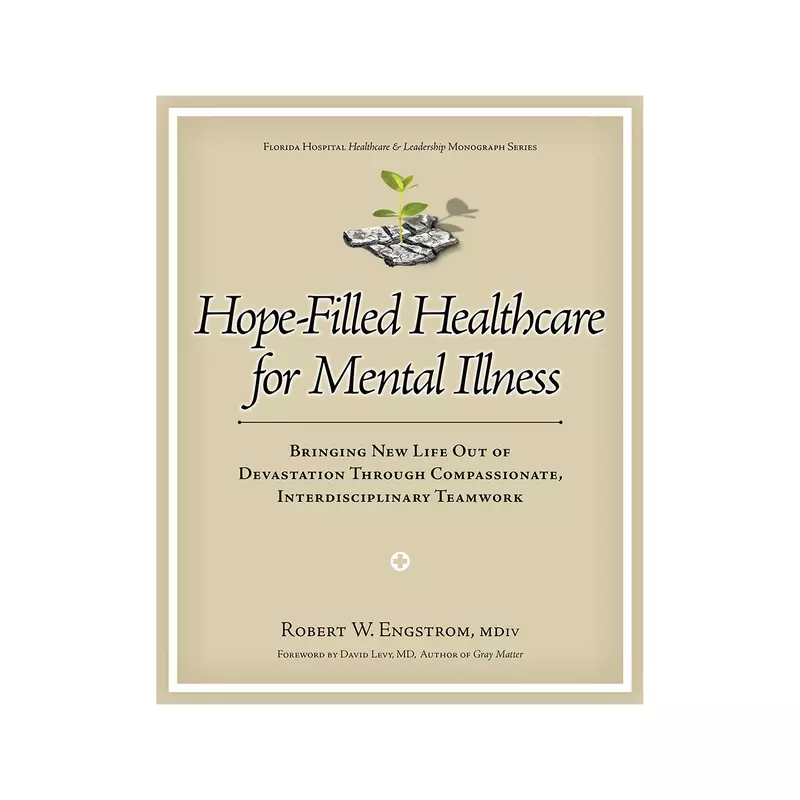
About the Author
Throughout his early years, Robert (Bob) Engstrom caught the true spirit of ministry from his pastor father, Reuben Engstrom, who radiated a loving, soothing, comforting presence. Bob’s father was at times, astonished when people would say, “You really helped me,” when he had done little more than just listen. Bob’s father also listened to his son. Despite his busy schedule, he would drop everything and give Bob his undivided attention. In Bob’s darkest hours, he always offered unconditional love, forgiveness, and undying hope.
More About Robert W. Engstrom
The most indelible example of this came when Bob was a very young man and believed that he had fallen far short of his parents’ expectations. One day in the kitchen, he said to his father, “Dad, I feel like I have really let you and Mom down.”And he would never, ever forget what happened next. His father looked him in the eye and said, “Bob, we don’t love you because of what you do. We love you because you are you.” In those words, he conveyed that he loved Bob, not based upon his good or bad performance, but simply because Bob was his son. That encounter sowed a precious seed in Bob’s mind and heart, changing his life forever, bearing abundant fruit in later ministry. To illustrate God’s unconditional love, Bob has shared this story from time to time with the patients under his care. Through his father’s spirit of true pastoral caring, and through other caring people (including his mother), Bob sensed the presence of the “God of all comfort, who comforts us in all our troubles.… ” He began to envision how he might in turn “comfort those in any trouble with the comfort we ourselves have received from God” (2 Cor. 1:3-4).
When Bob entered parish ministry upon earning his Master of Divinity at Andrews University, Berrien Springs, Michigan, he discovered that he felt most alive within a comforting role, whether he was conducting a funeral or listening to a young man struggling in a troubled marriage. It later dawned on him that chaplaincy ministry best suited his personality profile. After completing a year of Clinical Pastoral Education (CPE), he became the first Protestant chaplain at St. Bernardine Medical Center in Southern California. He then became board certified through what is now the Association of Professional Chaplains. Though he served in many clinical capacities at both St. Bernardine and later at AdventHealth, Bob had a special empathy for those afflicted with mental illness. “Through the years,” he says, “I discovered that nothing is more satisfying than seeing the light of hope dawning on a psychiatric patient’s face, and hearing them say, ‘I feel so much better.’ It was also satisfying to have these patients return repeatedly for hope reinforcements.” His experience in the area of mental health provided a rich foundation for his teaching roles within AdventHealth’s Family Practice Residency and his mentoring of chaplaincy students in AdventHealth’s CPE program. For many years he progressively authored for CPE students a mini-manual entitled “Psychiatric Ministry,” a work which contributed substantially to this monograph. Though he is now retired from full-time chaplaincy, his vocation is far from over as he seeks new adventures in whatever direction he senses God calling him.

Publications
Hope-Filled Healthcare for Mental Illness

